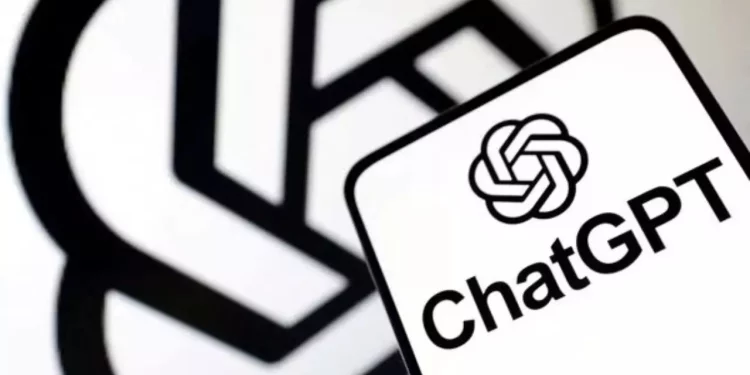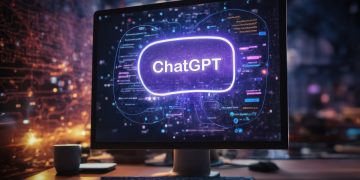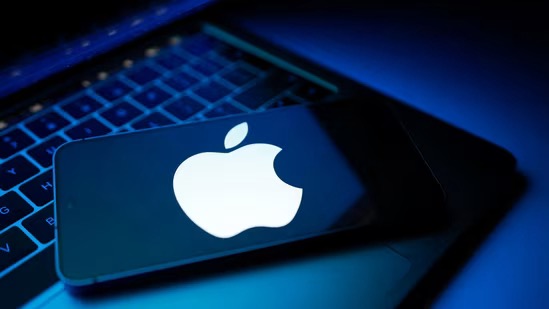In a world increasingly leaning on artificial intelligence for emotional support, advice, and companionship, OpenAI CEO Sam Altman has issued a sobering warning: Sharing sensitive or deeply personal information with ChatGPT could have serious legal consequences—and might even land users in jail.
Altman’s message, delivered during a recent podcast appearance, comes as many users grow accustomed to using AI chatbots as substitutes for therapists, lawyers, and life coaches. However, Altman pointed out that such usage brings unexpected risks, primarily because conversations with ChatGPT are not protected by legal privilege.
“People talk to ChatGPT like they would to a therapist or a lawyer,” Altman said. “But the law doesn’t treat it that way.”
The concern is rooted in a fundamental gap between how people perceive AI and how it is treated legally. While interactions with licensed professionals such as doctors, therapists, and attorneys are protected by confidentiality laws—meaning they can’t be forced to testify or reveal your discussions—AI platforms are not afforded the same protection. As a result, anything you type into ChatGPT may be accessible under a court order or subpoena.
The Legal Blind Spot in AI Conversations
Altman’s remarks draw attention to a growing legal blind spot in the digital era. Many users confide in AI tools for support—sharing details about their relationships, mental health, financial worries, or even past mistakes—without realizing these conversations are not shielded from legal scrutiny.
In real terms, this means that if you’re involved in a legal dispute or investigation, your ChatGPT history could be reviewed, disclosed in court, or used as evidence against you. Even if a chat is deleted, it may still be stored temporarily or backed up for compliance or safety purposes, depending on the company’s policies and the legal context.

Currently, OpenAI retains deleted chats for up to 30 days to monitor for misuse or harm, although enterprise and business users may have more control over data retention. But if a court demands access, the company may have no choice but to comply.
“Right now, if you say something sensitive or incriminating to ChatGPT, and a lawsuit happens, there’s a real risk that information could be used in court,” Altman warned. “I think that’s deeply flawed.”
AI as Therapist—Without the Protection
The issue becomes more alarming as people increasingly turn to AI as a form of informal therapy. ChatGPT, especially with its natural language processing capabilities and empathetic responses, has become a go-to for users seeking emotional release or mental health guidance.
However, Altman reminded the public that while ChatGPT might feel like a therapist, it’s not legally recognized as one—and conversations with it aren’t covered by doctor-patient or therapist-patient confidentiality laws. This creates a dangerous illusion of safety and privacy.
“People are asking ChatGPT for help with their deepest issues,” he said. “They need to know the legal system doesn’t see those conversations as confidential.”
This concern becomes more serious in light of ongoing litigation involving OpenAI, including legal efforts that could force the company to indefinitely retain user conversations. While OpenAI is fighting such efforts, the mere possibility highlights how quickly user data could become entangled in legal battles.
The Call for “AI Privilege”
Altman has proposed that governments and regulators begin crafting a new category of legal protection: AI privilege. Modeled after legal constructs like attorney-client or doctor-patient privilege, this framework would treat AI interactions as confidential under certain conditions—especially if users are relying on the AI for sensitive personal matters.
Such privilege would ensure that conversations with AI tools like ChatGPT couldn’t be accessed or used in legal proceedings without the user’s explicit consent. It would also set clearer boundaries around AI use in emotionally or legally sensitive scenarios.
“This is something we need to figure out,” Altman stressed. “If AI is going to play such a central role in people’s lives, we need to protect the privacy of those interactions.”
However, achieving such protections will take time, legislative action, and global cooperation—none of which can happen overnight.
What This Means for You
Until laws change, the burden falls on users to protect themselves. Altman’s message is not just a corporate disclaimer—it’s a public service announcement. If you’re using ChatGPT or similar AI tools for personal reflection, therapy, or legal advice, you should understand the potential risks involved.
Here are a few things users can do to stay safe:
- Avoid disclosing highly sensitive or self-incriminating information to AI platforms.
- Use secure, encrypted, and legally protected services for confidential communication.
- Read and understand data retention policies of any AI tool you use.
- Assume your AI chats could be reviewed under legal circumstances—even if they seem private now.
While AI continues to evolve and play a deeper role in daily life, privacy protections have not kept pace. That disconnect, Altman suggests, is a growing vulnerability.

Final Thoughts
As users increasingly rely on AI for more than just factual queries—confiding personal struggles, seeking comfort, and navigating emotional challenges—it’s essential to understand where the boundaries lie. ChatGPT may be an intelligent and responsive companion, but it isn’t a legally protected one.
Sam Altman’s warning serves as a wake-up call: Until laws catch up with the capabilities of AI, users must be cautious about what they share. In the wrong context, your private conversation with ChatGPT could be anything but private—and might even be used against you.












